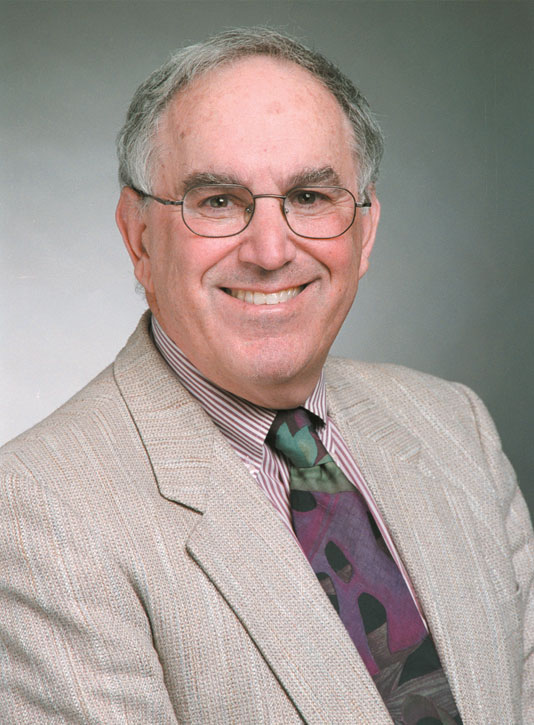The next important part of your life
By Dr. Michael Gordon
Most dictionary definitions of retirement do not sound very inviting: “The act of leaving one’s job, career, or occupation permanently, usually because of age” or “Removal of something from service or use.”
 One day not so long ago, I was sitting on an upholstered bench outside the entrance to the locker room at the “Y”, waiting for my wife to emerge. She starts her hour-long swim before I begin my own modest exercise regime. It has been our morning ritual for a number of years and, through our membership, we have made friends with who we share news updates and stories.
One day not so long ago, I was sitting on an upholstered bench outside the entrance to the locker room at the “Y”, waiting for my wife to emerge. She starts her hour-long swim before I begin my own modest exercise regime. It has been our morning ritual for a number of years and, through our membership, we have made friends with who we share news updates and stories.
On this particular morning, a member who I had not seen for a while came through the entrance turnstile and waved a warm greeting to me. I had heard that he had retired (or, perhaps, had been retired) from a government engineering position some months previously, even though he appeared quite youthful. So I asked him how he was doing. “I’m retired and have no work anymore for the province,” he said. “I’m still looking into some things, but I need to finish my cataract treatment before I go much further.”
I have had many conversations with retirees and have witnessed the potential and real trials and tribulations of those who have unpreparedly retired. In fact, I am on a committee studying the challenges of retirement among physicians. I am still able to work nearly full time, albeit with some flexibility in my work schedule, despite the fact that I’m past previous mandatory “retirement” deadlines.
Finding meaning
I took a moment to chat with my friend to let him know that, in my view, the important trick to successful retirement is having something that continues to give your life meaning. “Meaning” is, of course, a complex and very personal concept—for one person, clearing landmines from a war zone gives meaning; for another, clearing weeds, debris and used drug-injection needles from a local children’s playground affords an equivalent sense of meaning.
Because work is so essential to many of us, it is important to start planning for retirement before the time comes. Most planning
that one hears about focuses on the financial implications of stopping work, and these should not be dismissed as unimportant—it is difficult to enjoy any form of retirement when you are worrying about making ends meet for 10- or 20-plus years, with the ever-increasing life expectancy.
In my opinion, however, the key to successful retirement is developing supportive and congenial social networks. These do not have to be formed of people you have known from childhood; rather, they are more likely to be comprised of those that time and common interests have brought together. If you have special interests or hobbies, look to nurture these activities in preparation for when you have more time to focus on those potentially satisfying aspects of life.
For many, volunteering provides meaning and can be a good fit for an individual’s qualities and personality. There are many opportunities to be pursued in this field, so do not discount
it out of hand. Find an organization to which you might wish to give your time and personal attributes, and give it a try. It can end up making your working years feel like a prologue to that next satisfying part of your life.
Dr. Michael Gordon is Medical Program Director of Palliative Care at Baycrest Geriatric Health Care System.














